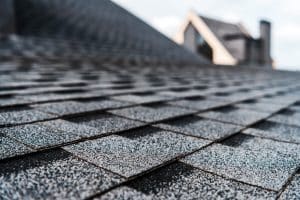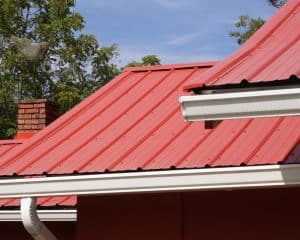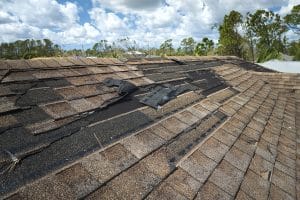Florida residents know the yearly hurricane season, starting June 1st and lasting until November 30th, all too well. This period brings an increased risk of powerful storms, requiring proactive measures and thorough hurricane preparedness.
That’s why understanding how to prepare for a hurricane in Florida is crucial. Floridians can use various strategies to lessen the possible effects of a hurricane, from securing houses to ensuring personal safety.
Let’s delve into the steps you can take to prepare for the stormy weather that hurricane season often brings.
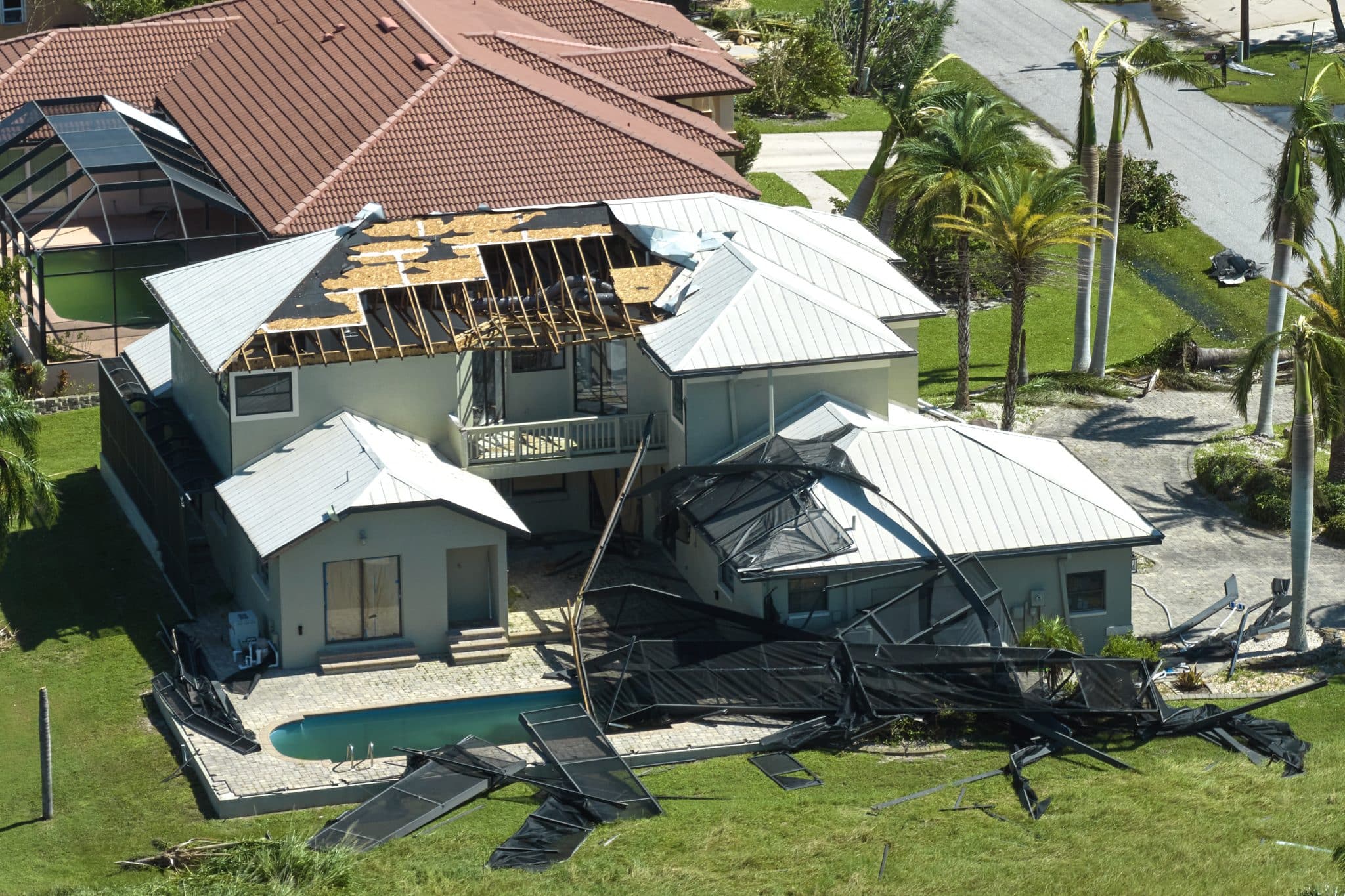
Understanding Hurricane Preparedness
Hurricane preparedness is a proactive, year-round endeavor, not a reactive one. Long before a storm is on the horizon, you can take steps to safeguard your home and family. By tapping into resources like the National Hurricane Center and local news outlets, you can stay informed about potential threats.
You can put practical measures in place ahead of time. Protect your windows with hurricane shutters, replace an older roof, prepare an emergency kit, and make a detailed evacuation plan. These steps can greatly enhance your safety when hurricane season rolls around.
Preparing for a hurricane is a continuous process. Doing these things before a storm is on the way can make you and your home safer during hurricane season. The better prepared you are, the more effectively you can navigate the challenges that hurricanes present.
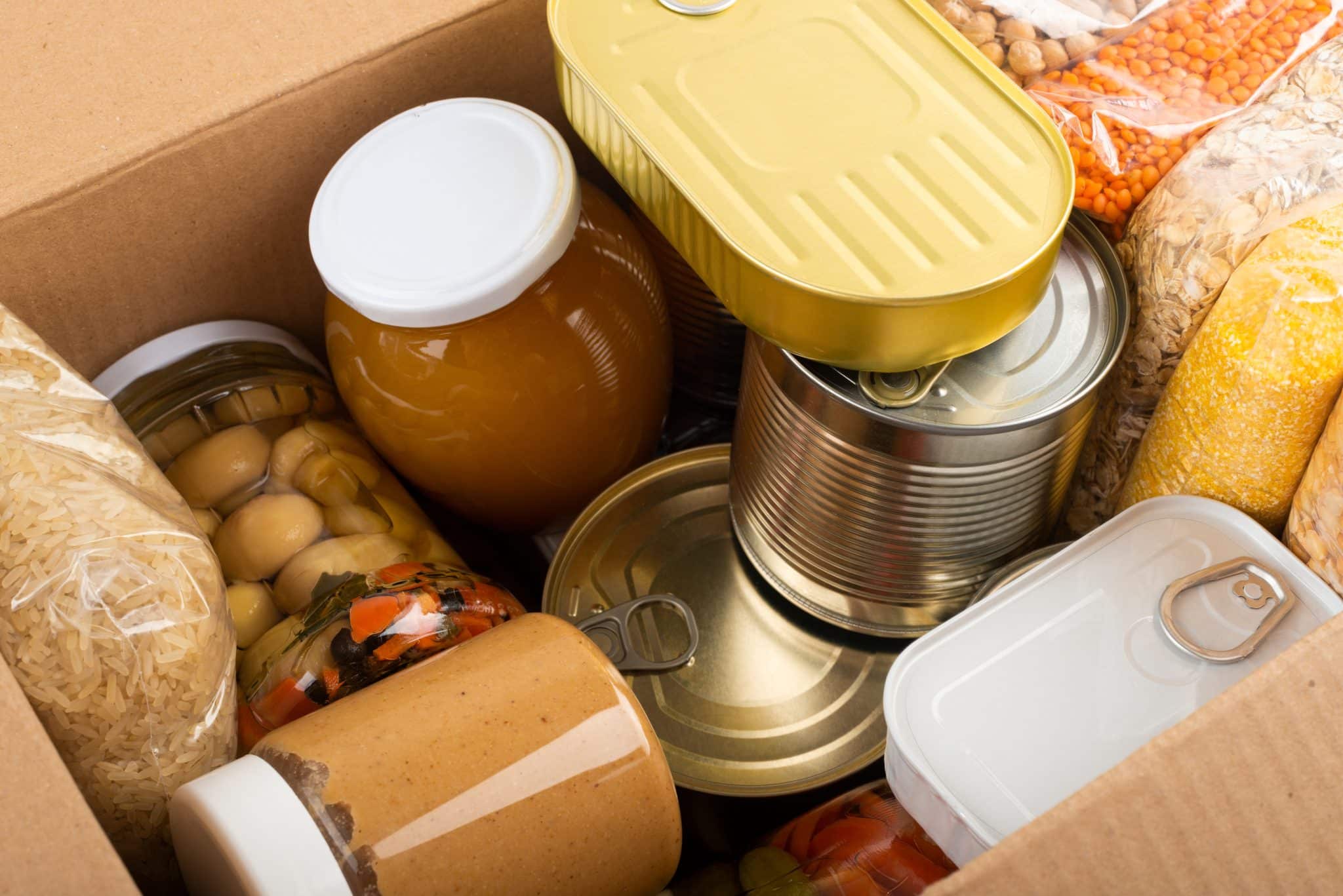
Building an Emergency Preparedness Kit
One of the cornerstones of hurricane preparedness is the creation of a robust emergency preparedness kit. Your emergency kit is vital during a hurricane. This becomes especially important if the power goes out.
It’s also crucial if you find yourself unable to leave your home for several days. It should contain enough water, perishable foods, and medication to last each family member for a week. Remember, during a hurricane, we may not have access to usual comforts like running water and refrigeration.
In addition to basic supplies, your emergency kit should also include items that could be lifesaving during a power outage. A first-aid kit can handle small injuries, while flashlights and battery-powered radios can keep you updated even without power. Don’t forget to include cell phone chargers and power banks to maintain communication or call for help if needed.
Building and maintaining a well-stocked emergency kit is a practical step you can take today to prepare for tomorrow’s storms. Regularly check your supplies and replace expired items to keep your kit ready and effective.
How to Prepare Your House for a Hurricane
Preparing for a hurricane involves ensuring both your personal safety and your home’s readiness to withstand the storm. Prepare your home by starting with the areas of your house most susceptible to damage: windows and doors.
Installing storm shutters can protect your windows and significantly reduce the risk of broken glass and water damage. Strengthening your garage door is another critical step, as it’s often a weak point in a home’s defense against strong winds. Keeping up with roof maintenance (such as fegularly cleaning your gutters) is another way to prevent water damage to your home during heavy rains.
You should revisit your home insurance policy during this preparation period. Take the opportunity to speak with your insurance agent to gain a clear understanding of what your policy covers. Your policy might cover storm damages, but it might not include coverage for certain circumstances.
In addition, don’t overlook the potential need for flood insurance. Even if you don’t live in a flood zone, hurricanes with their heavy rain and storm surges can still cause flooding. It’s crucial to evaluate your need for flood insurance in light of these possibilities. By taking these steps, you can ensure adequate coverage and preparation for all scenarios that a hurricane may bring.
Once a storm is approaching, focus on securing loose items in your yard. Unsecured items can become dangerous in high winds, causing damage to your property or even to others.
These steps can reduce damage to your home and help you feel calmer when a hurricane is coming.
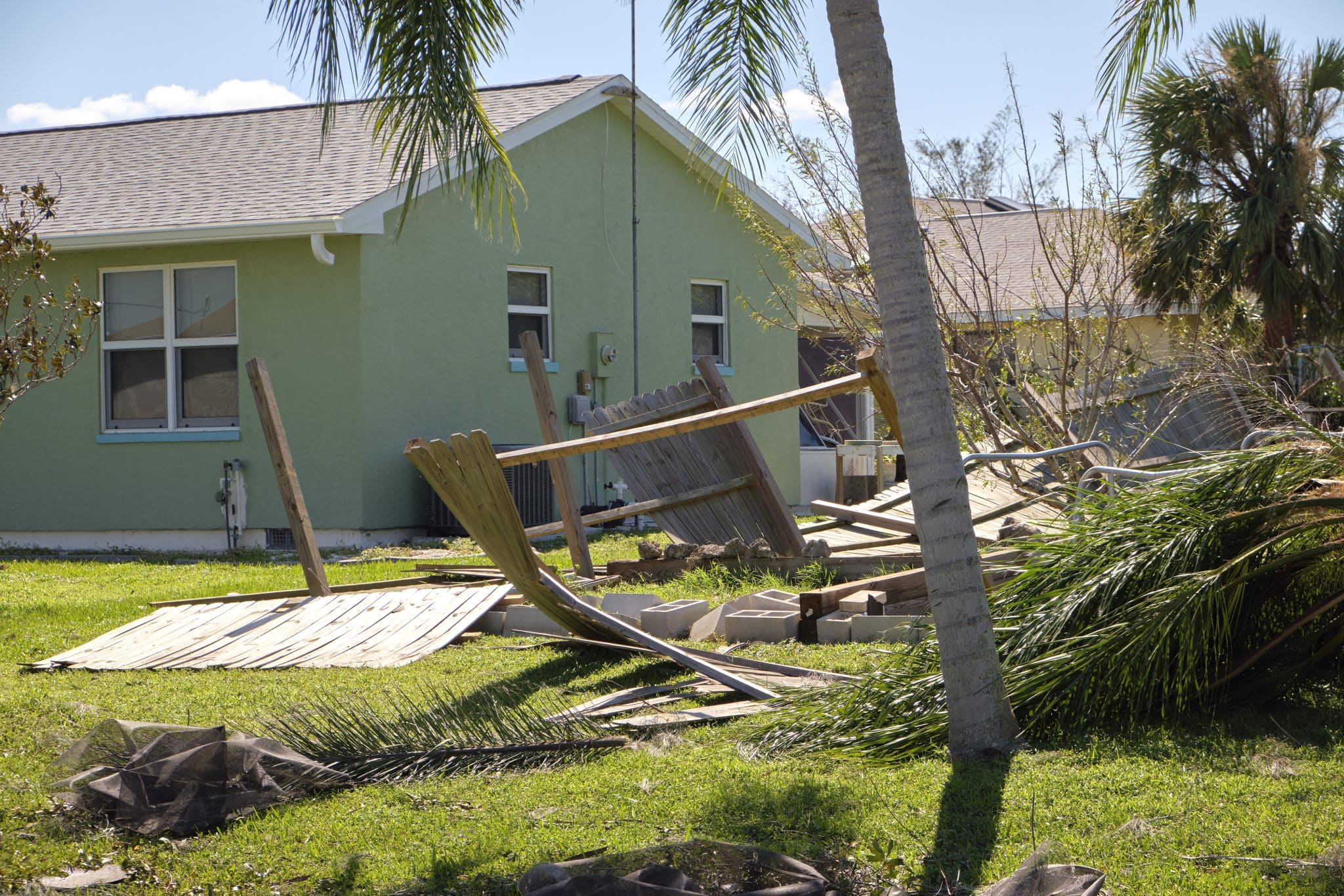
Roof Preparation: An Essential Part of Hurricane Readiness
Preparing your roof is a crucial part of getting ready for a hurricane. The state of your roof can determine the extent of damage incurred during a hurricane, ranging from minimal to substantial. A compromised roof may permit wind and rain to enter your home, leading to considerable damage.
Regular inspections for loose or damaged shingles can help you address any issues before a hurricane strikes. Make sure to hire a professional for a thorough evaluation.
A qualified roofer has the training and expertise to spot issues that might not be evident to an untrained eye. Experts can check your roof and tell you if it needs any repairs or reinforcements to handle strong winds.
Besides checking the roof, it’s important to look for trees or branches that could damage your roof during a hurricane. Regularly trim surrounding trees to make sure any branches that might fall off during a storm won’t damage your roof. Regular roof checks and good tree care can make your home stronger against hurricanes. This helps keep your family safe and comfortable.
Developing a Family Disaster Plan
Formulating a family disaster plan is an essential step in hurricane preparedness. Your plan should cover escape routes if there’s an evacuation order and talk about the risks of hurricanes. Every family member should understand the potential dangers and the steps to take when a hurricane strikes.
Keep contact information for all family members readily available to ensure you all stay connected in case of separation. It’s also important to consider the furry members of your family. Remember to arrange for pet care during a hurricane, as many shelters may not accept pets.
Choosing whether to evacuate or stay during a hurricane is a critical decision. Staying home during a hurricane might allow you to protect your home and belongings. However, this could expose you to risks such as floods, strong winds, and storm surges.
Conversely, evacuation, especially if done in a rush, can be stressful and may even expose you to different risks. That’s why having a well-practiced evacuation plan is crucial.
After the Storm
Preparing for a hurricane in Florida requires ongoing effort and attention. From preparing your house to ensuring your family’s safety, hurricane preparedness involves a series of important steps. Remember, every bit of preparation can make a difference when a hurricane strikes.
As we have highlighted, securing your home, particularly your roof, is a critical step. If you’re considering strengthening your roof for a future storm, our team at Citrus Roofing Contractors can assist.
Similarly, if a storm has damaged your roof and you need quick repairs, don’t hesitate to contact us. Our team of experienced professionals equips your home to withstand the storm. Contact us today for more information and stay safe this hurricane season.


